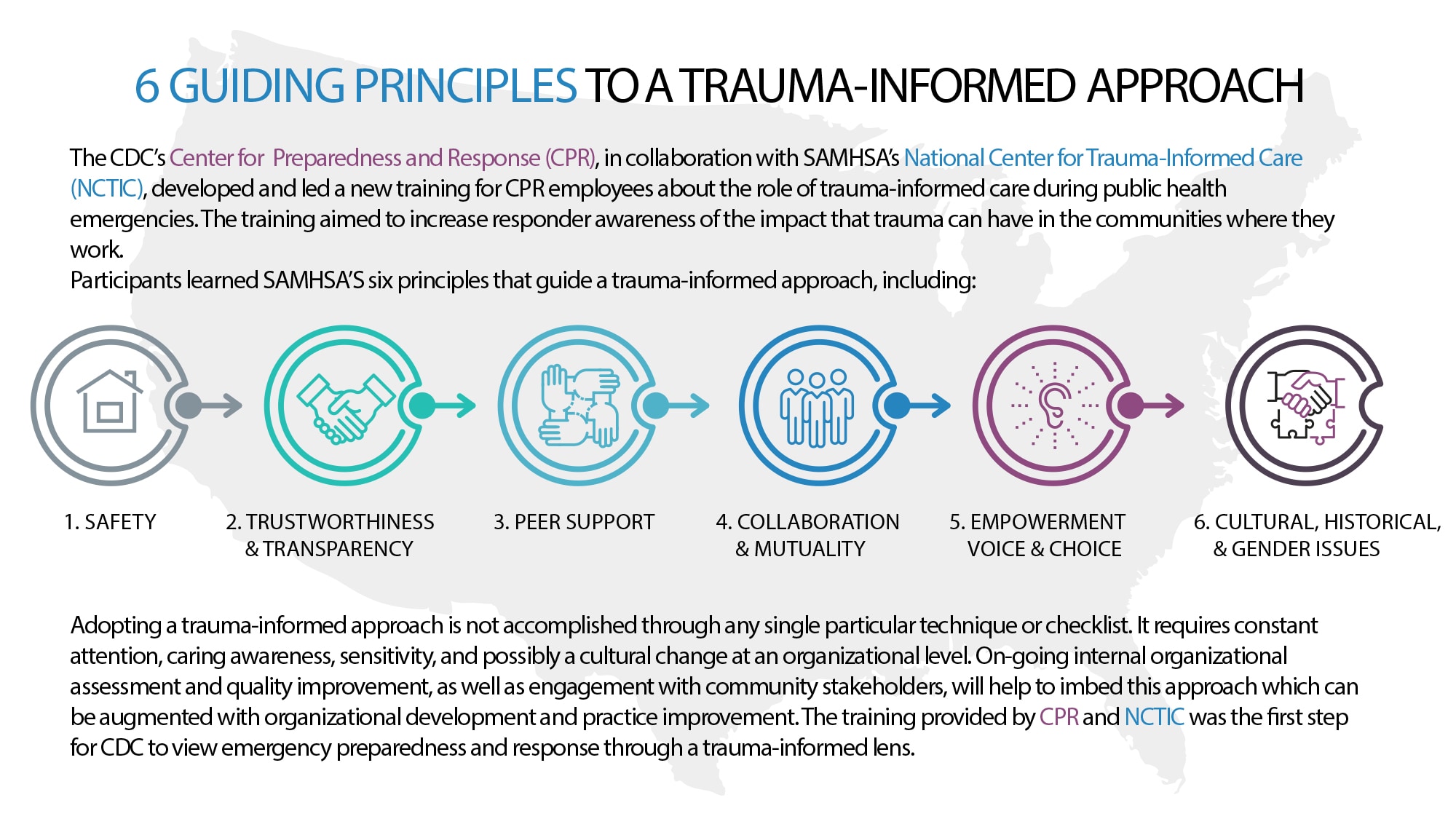EcoCaptain Interns (EIs) serve as paid sustainability champions and ambassadors for the Office of Sustainability. In collaboration with ResLife, this programs allows for EcoCaptains to lead sustainability related programming and educational activities in their residence halls. Keep an eye out for communications from your Residence Hall’s EcoCaptain Intern for more ways to get involved and learn about UConn’s sustainability initiatives! Below are some of responsibilities of an EcoCaptain Intern (EI):
Must be a UConn student living in an on campus residential hall. NEW! For Fall 2024/Spring 2025 we are also hiring at: The Oaks, Celeron and Carriage House
Work 5 hours per week ($15.69/hr to start)
Attend monthly EI meetings
Provide weekly updates to OS Staff and Interns
Participate in EI training and group activities
Participate and encourage student participation in Office of Sustainability led events and programming such as EcoMadness, RecycleThon, Green Game Days, and Hillside Environmental Education Park (HEEP) trail events
Distribute Recycling Bags and Sustainability Activity books to residents
Lead sustainability education and engagement activities in residence halls beyond those initiated by the OS, examples include:
Weekly recycling audits and scoring
Monthly hall meetings about different topics related to sustainability
Environmental film screenings or movie nights, discussion forums, guest speakers
EI “office hours” where people can ask questions about sustainability or give suggestions
Educational flyers, social media, etc.
Weekly tips for living more sustainably
Volunteer clean-up events
Week-long or one-day events or activities, such as a “power-down” day or other fun competitions
Apply online via UConn JobX! Applications for the 2024-2025 academic year are reviewed on a rolling basis. Hiring decisions will begin August 1.
Contact sustainability@uconn.edu for more information.


